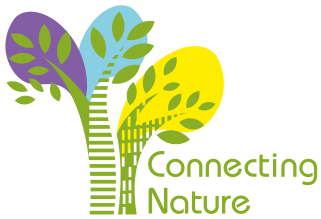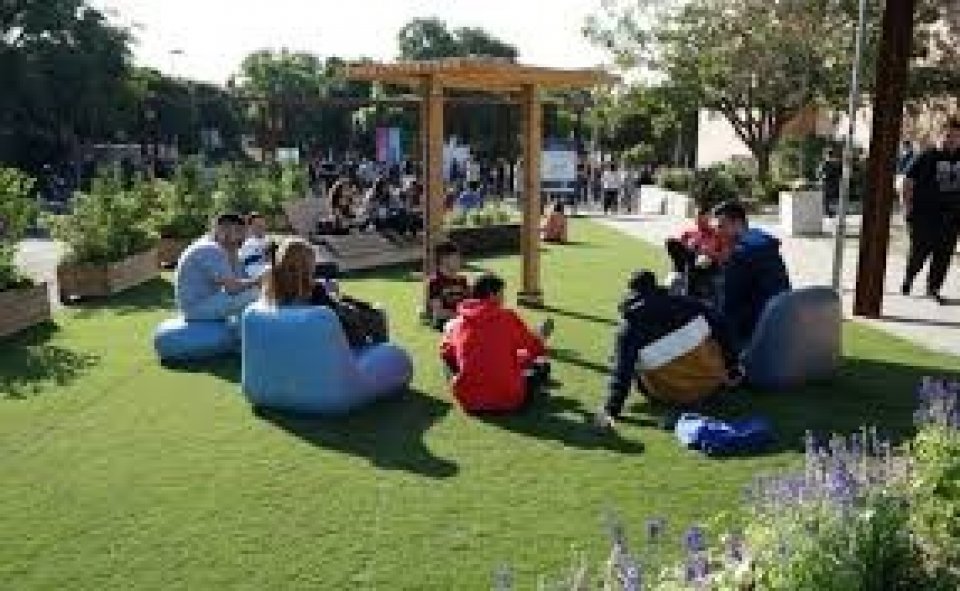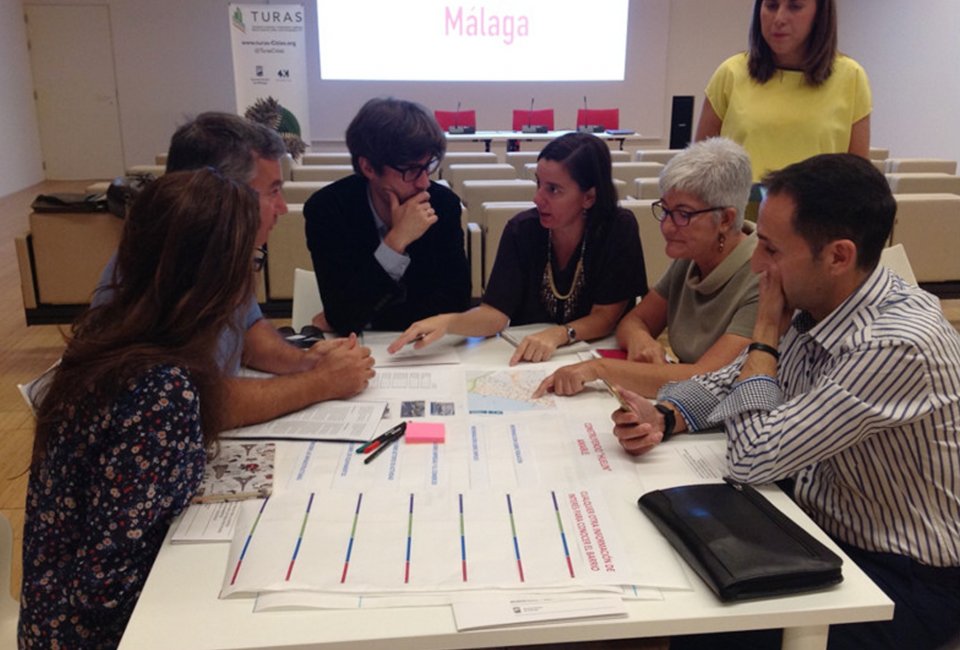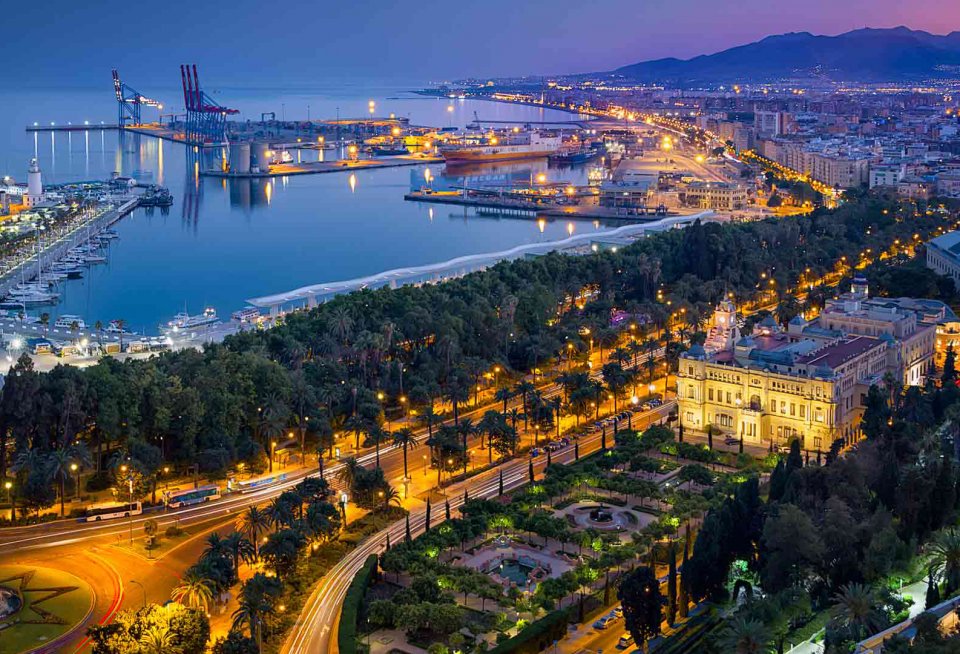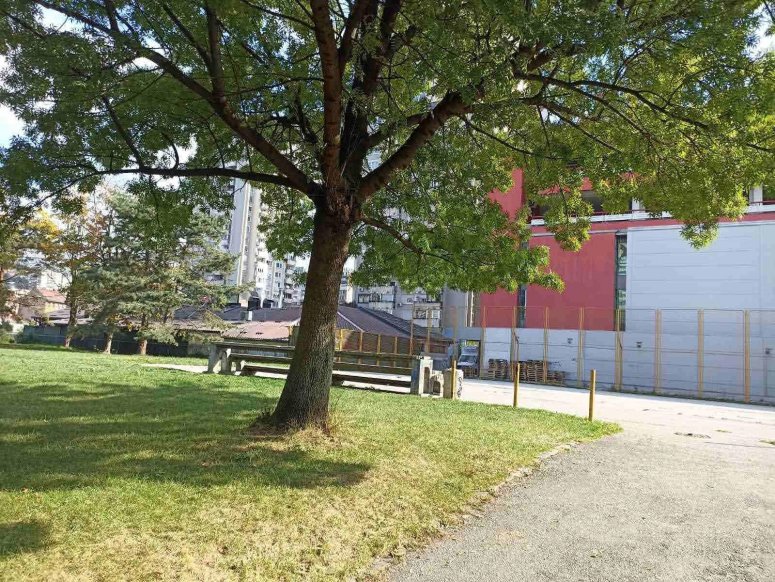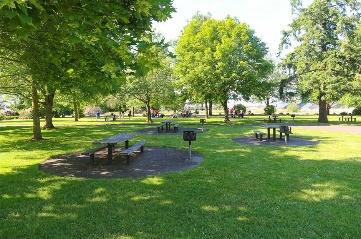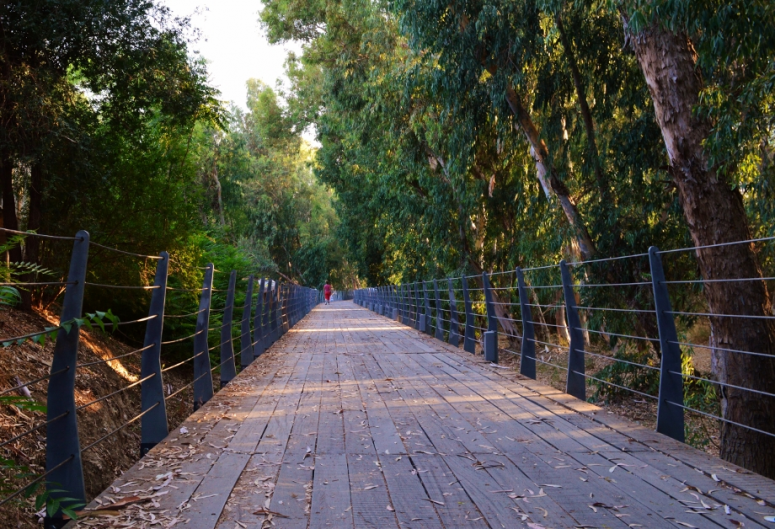Malaga lies on the Costa del Sol of the Mediterranean, about 100 kilometres east of the Strait of Gibraltar and about 130 km north of the African coast. It has a population of 570,000 and its most important economic sectors are tourism, construction and technology services. For more than three decades Malaga has been relying on tourism and construction as the main engine of the local economic activity, building hotel and residential developments with little regards to the environment. In the past two decades consciousness about the environment has hit many social actors who have seen the need to evolve the productive model towards one that is more respectful of the environment. Cities are today human ecosystems with the best opportunities for social, economic, and environmental opportunities but at the same time they face important inequalities and some of the biggest sustainability challenges.
NBS Exemplar:
Lagunillas is an old neighbourhood of Malaga very close to both the historic city centre and the university. Lagunillas has been largely overlooked in terms of development and has many derelict and vacant spaces often walled up and covered in (amazing) graffiti. There is strong resistance to gentrification of the area. Working with the community, the City of Malaga intends to reopen some of the derelict spaces to create a network of pocket parks and encouraging citizens to use the characteristic balconies of the area to create green corridors connecting the pocket parks with the larger green areas around the University and the city centre area.
Using the Connecting Nature Framework:
The City of Malaga is implementing measures to improve the environment and thus also improve the quality of life of its citizens.The city is exploring ways to restore an ecosystem damaged by the impact of economic activity and through the Connecting Nature project, learn more about the benefits of this framework and its methodology. The city had already developed some nature-based solution but without applying the framework of the Connecting Nature project.
This innovative framework involves a series of innovations in the way of facing and implementing nature-based solution projects, introducing new elements such as co-production, co-creation, governance, financial and business models, technical solutions, impact assessment, nature based enterprises and reflective monitoring when creating, planning, executing, and maintaining those projects. The connecting nature framework seeks to optimize environmental, economic, and social resources by applying its own work methodology.
Connecting Nature Partner:
Resources
The Connecting Nature project in Malaga is part of developing a new perspective for urban planning and in the Lagunillas neighborhood. The implementation of this new...
Addressing the steps needed to overhaul the economic development strategy of Málaga.
Malaga takes the region's socioeconomic destiny in its own hands.
A robust and sunny coastal economy takes advantages of environmental resources and...
